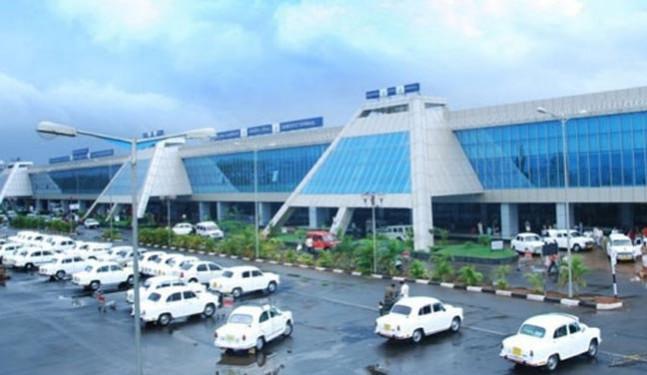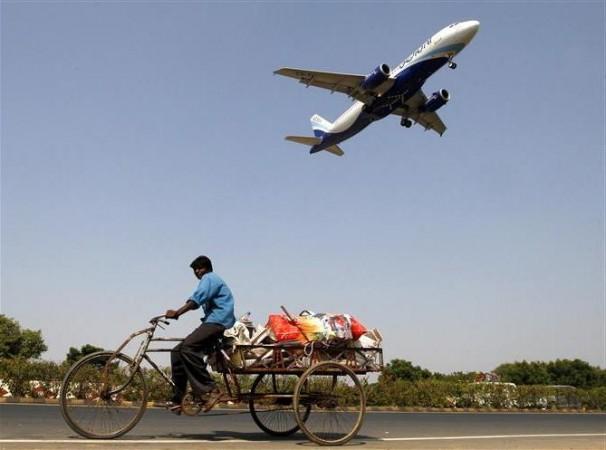In the aftermath of the Air India Express crash in Kozhikode (Calicut) recently that claimed 20 lives including the pilot, co-pilot and other members of the staff were injured badly when the flight with 190 people on board overshot the runway at the airport and fell into a valley.
Why does the ICAO audit score matter? How does it help?
The United Nations aviation scrutineer International Civil Aviation Organization (ICAO) intends to conduct another audit of India's air safety readiness. The ICAO audit will focus on eight key areas, which are - civil aviation regulations, personnel licensing and training, civil aviation organisation, primary aviation legislation, aircraft operations and airworthiness of aircraft.

The outcome of this audit score is important to support Indian airlines international expansion plans. A poor ICAO score post-audit would impact the same. The ICAO audit will ensure complete scrutiny on the safety aspects of airlines, the ground handling firms and airports, and will check if the regulatory bodies are at par with international standards. The audit has now been postponed to January 2021.
According to an official aware of the development, the ICAO team was initially expected to arrive for an audit in November, however due to the Covid-19 pandemic situation and border closures, the plans have been stalled for the moment.
Considering there has been an air accident on the runway at Kozhikode airport, it undoubtedly calls for in-depth scrutiny and ICAO audit, which is a critical need of the hour. But are we well prepared? As regards tabletop runways, Kozhikode (Calicut) airport is equipped with Runway End Safety Area (RESA) as per ICAO guidelines on safety.
"The investigation on the Kozhikode runway post accident is taking its own course. It hopefully should be completed by the time the ICAO team is in India in January. The ICAO however, is kept posted about the progress during investigation," an official aware of the developments stated.
ICAO audits conducted and their outcomes in past
During the ICAO audit in 2012, India was listed among 13 worst-performing nations, which thereafter led to another audit by US aviation regulator, Federal Aviation Administration (FAA) in 2014. Citing a lack of adequate regulatory oversight, the country's aviation standards and safety rating was downgraded then, which affected Indian airlines international expansion plans in the past.

They were not allowed to add new routes to the US or sign commercial agreements with the US airlines during the interim period, until the standards were upgraded to international excellence. With the rating being restored again a year later, the airline was allowed to fly on US routes and enter into contracts with international carriers.
The ICAO had carried out the Universal Safety Oversight Audit Programme for India in November 2017, followed by a second audit in February 2018. The outcome of this audit showed a decline in the country's aviation score to 57.44 per cent from 65.82 per cent earlier, thus downgrading Indian standards below Pakistan, Nepal and many other countries, according to a news report.
The issue pointed out by ICAO in 2017 and 2018 was that there was a conflict of interest, with the service provider to be the aviation regulator as well. Airports Authority of India (AAI), which is also ATC service provider, had been licensing ATCOs in the past. It was said then that India was the only big aviation market, where the safety regulator did not have the authority to license ATC officers.
The system then changed and now DGCA has almost completed licensing of all 2,500 ATCO officials. This has subsequently led to an increase in the score to 74 percent later.

















